Microsoft launches Windows 10 - and it's free to current users
People running Windows 7, 8.1 or Phone 8 can get new OS for free - and tech firm launches 3D goggles
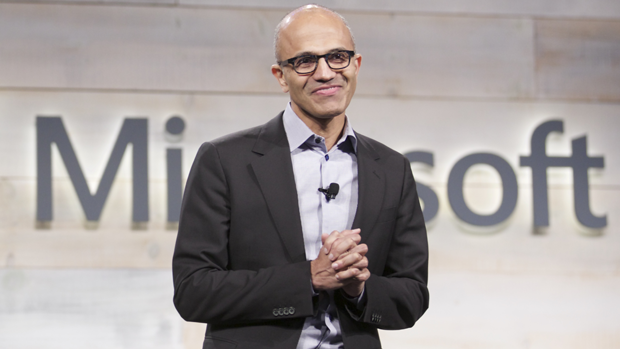
A free daily email with the biggest news stories of the day – and the best features from TheWeek.com
You are now subscribed
Your newsletter sign-up was successful
Microsoft has unveiled the latest version of its operating system, Windows 10, and announced it will be free to existing customers. The firm also has a new innovation called HoloLens, a virtual reality headset which overlays '3D' holograms on reality.
Showing off the new OS, designed to work equally well on PCs and mobile devices, Microsoft VP Terry Myerson explained that a streamlined new web browser, Spartan, will be built in. Integrated into the browser will be a "personal assistant", Cortana, intended as a rival to Apple's Siri or voice activated Google.
PC World is enthusiastic about Spartan. As well as a note-taking mode that lets you scribble on web pages for your own later reference, it includes an updated version of the "stellar" Windows 8 reading mode, says the site.
The Week
Escape your echo chamber. Get the facts behind the news, plus analysis from multiple perspectives.

Sign up for The Week's Free Newsletters
From our morning news briefing to a weekly Good News Newsletter, get the best of The Week delivered directly to your inbox.
From our morning news briefing to a weekly Good News Newsletter, get the best of The Week delivered directly to your inbox.
"Reading mode strips all the ads and sidebar crud out of webpages, formatting articles so they appear similar to a book," says the site. "It's a wonderful thing."
But the big idea behind Windows 10 is 'OneCore' technology, says The Register, which it explains is a way of unifying Windows behind the scenes so that it can be used on phones, tablets and PCs.
OneCore allows developers to make one piece of software and then bolt on either a phone, tablet or PC interface. The hope is that this will help Microsoft get more apps onto its phones.
"After the false starts of Windows 8 and Windows Phone, Microsoft is taking a second stab at both tablets and phones, with a more converged Windows," says the website.
A free daily email with the biggest news stories of the day – and the best features from TheWeek.com
Microsoft's hope may be that OneCore will lead to more desktop apps moving over to its handheld devices, says The Register. But if so, the results will be "disappointing", predicts the site. It adds that in its efforts to improve its apps, Microsoft is, as ever, "late to the party".
To make things worse, analyst Jan Dawson believes that lack of apps is not the factor which has held back the tech giant's mobile strategy, pointing out that "all the apps available on Windows PCs are already available on Windows Phone".
Microsoft's problems with the mobile market are "deeper" than this, says The Register. The issues are a lack of desire for its mobile products among consumers and "structural supply problems", insists the tech site.
As for the HoloLens, the Daily Mail observes that Microsoft CEO Satya Nadella has described it as "magical" but would not say how much it cost. The firm hopes the technology that lets users 'see' objects which aren't really there but appear real will be picked up by other makers of augmented reality headsets, such as Google Glass, if it is resurrected by the search company.
-
 ‘This is something that happens all too often’
‘This is something that happens all too often’Instant Opinion Opinion, comment and editorials of the day
-
 House votes to end Trump’s Canada tariffs
House votes to end Trump’s Canada tariffsSpeed Read Six Republicans joined with Democrats to repeal the president’s tariffs
-
 Bondi, Democrats clash over Epstein in hearing
Bondi, Democrats clash over Epstein in hearingSpeed Read Attorney General Pam Bondi ignored survivors of convicted sex offender Jeffrey Epstein and demanded that Democrats apologize to Trump
-
 How cybercriminals are hacking into the heart of the US economy
How cybercriminals are hacking into the heart of the US economySpeed Read Ransomware attacks have become a global epidemic, with more than $18.6bn paid in ransoms in 2020
-
 Language-learning apps speak the right lingo for UK subscribers
Language-learning apps speak the right lingo for UK subscribersSpeed Read Locked-down Brits turn to online lessons as a new hobby and way to upskill
-
 Brexit-hobbled Britain ‘still tech powerhouse of Europe’
Brexit-hobbled Britain ‘still tech powerhouse of Europe’Speed Read New research shows that UK start-ups have won more funding than France and Germany combined over past year
-
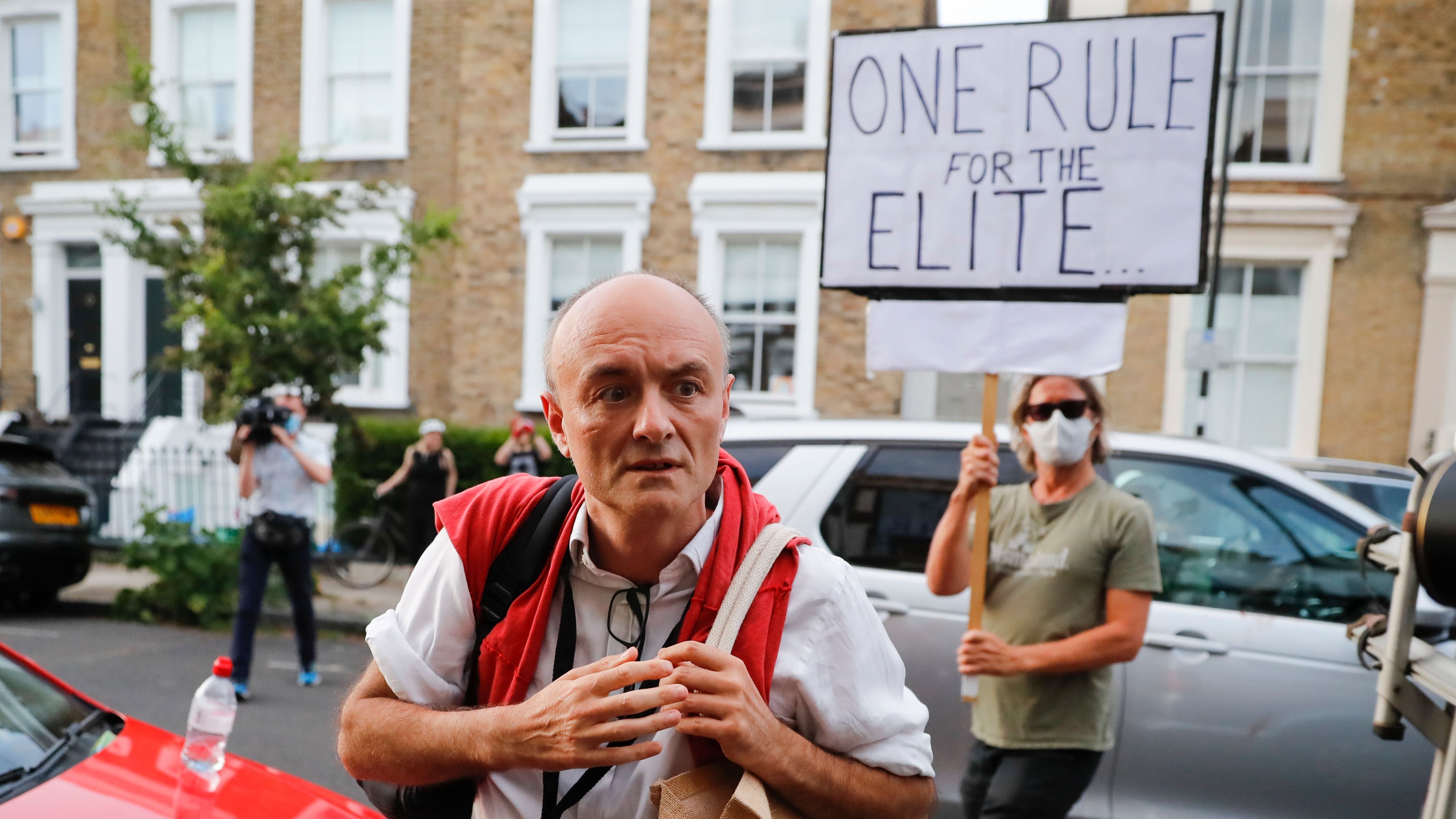 Playing Cupid during Covid: Tinder reveals Britain’s top chat-up lines of the year
Playing Cupid during Covid: Tinder reveals Britain’s top chat-up lines of the yearSpeed Read Prince Harry, Meghan Markle and Dominic Cummings among most talked-about celebs on the dating app
-
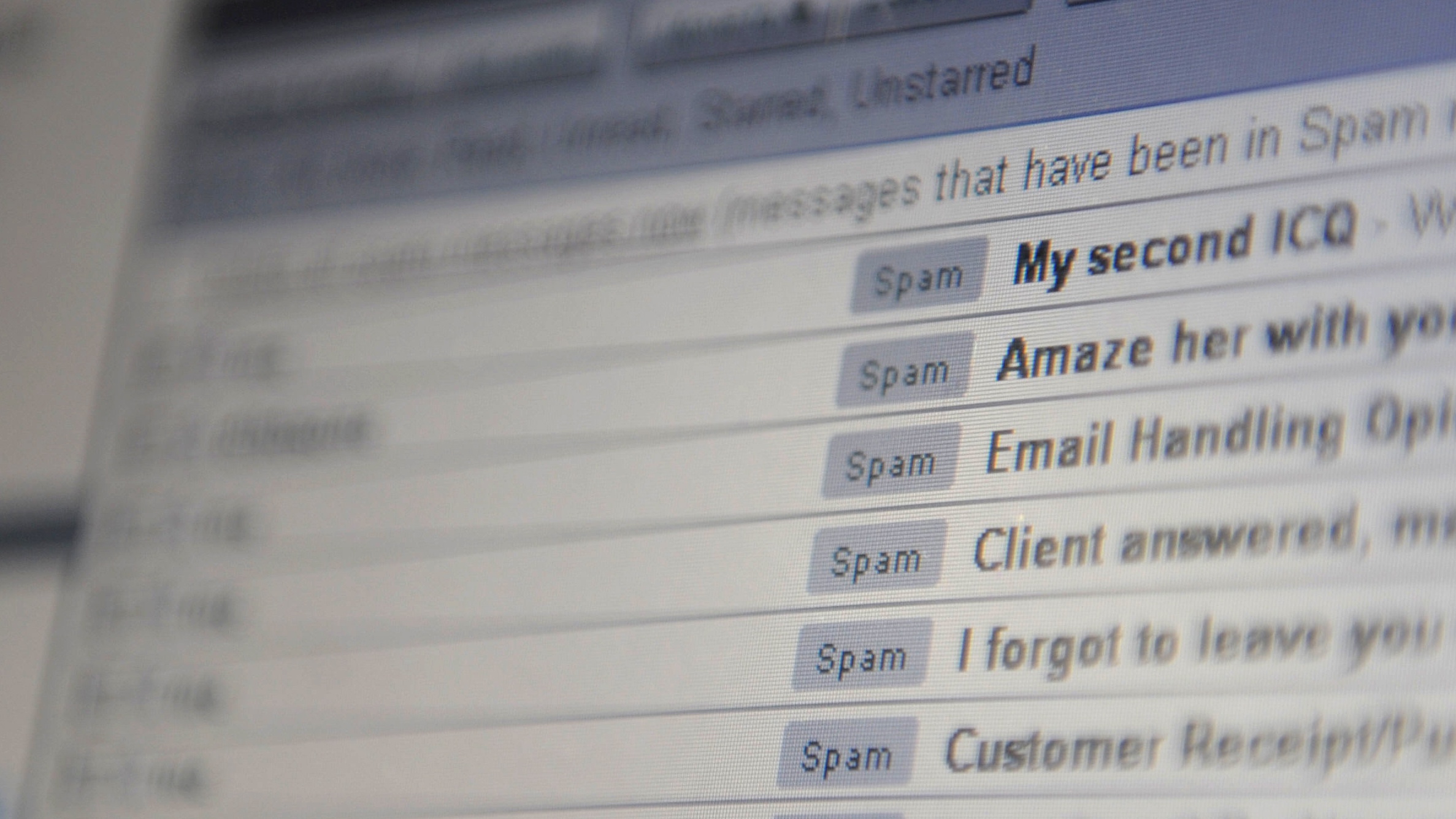 Brits sending one less email a day would cut carbon emissions by 16,000 tonnes
Brits sending one less email a day would cut carbon emissions by 16,000 tonnesSpeed Read UK research suggests unnecessary online chatter increases climate change
-
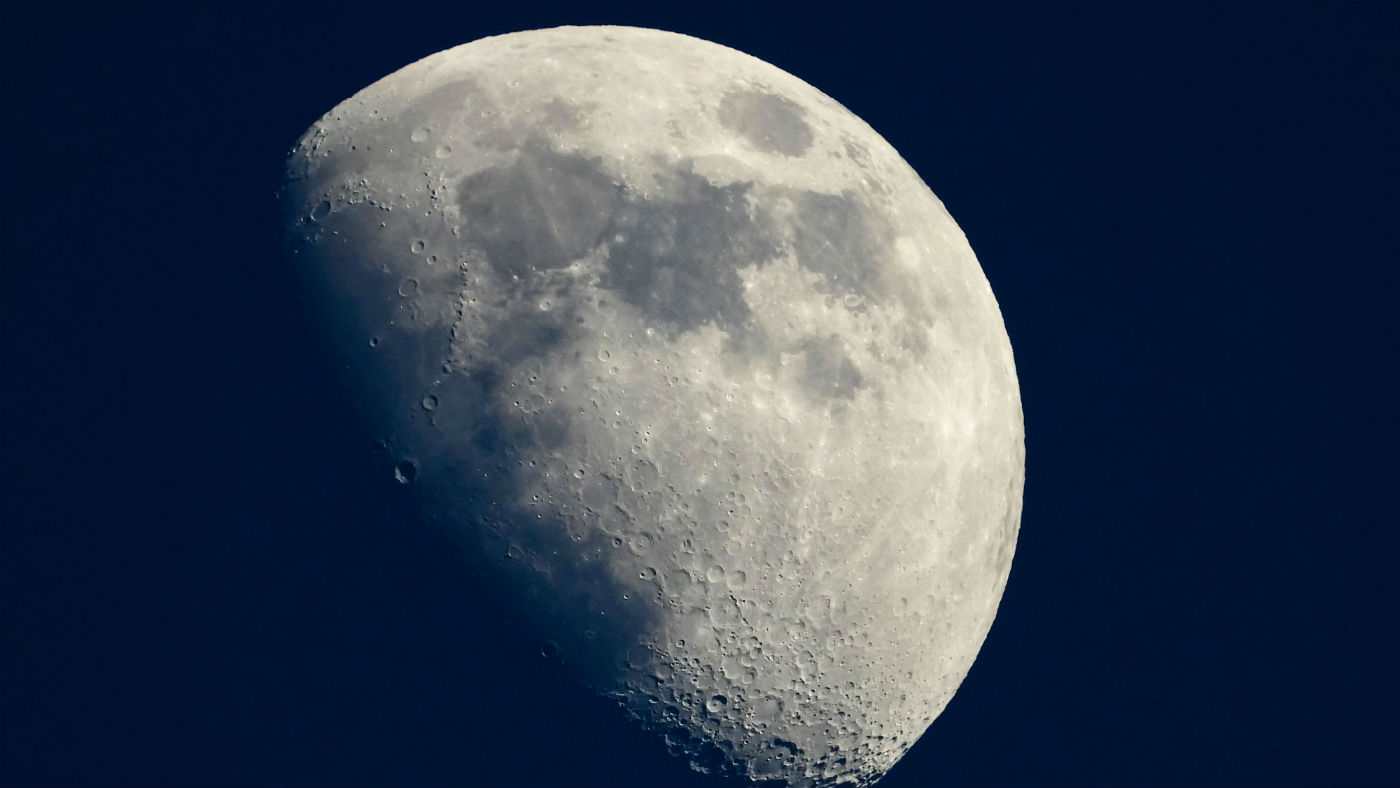 Reach for the Moon: Nokia and Nasa to build 4G lunar network
Reach for the Moon: Nokia and Nasa to build 4G lunar networkSpeed Read Deal is part of the US space agency’s plan to establish human settlements on the lunar surface
-
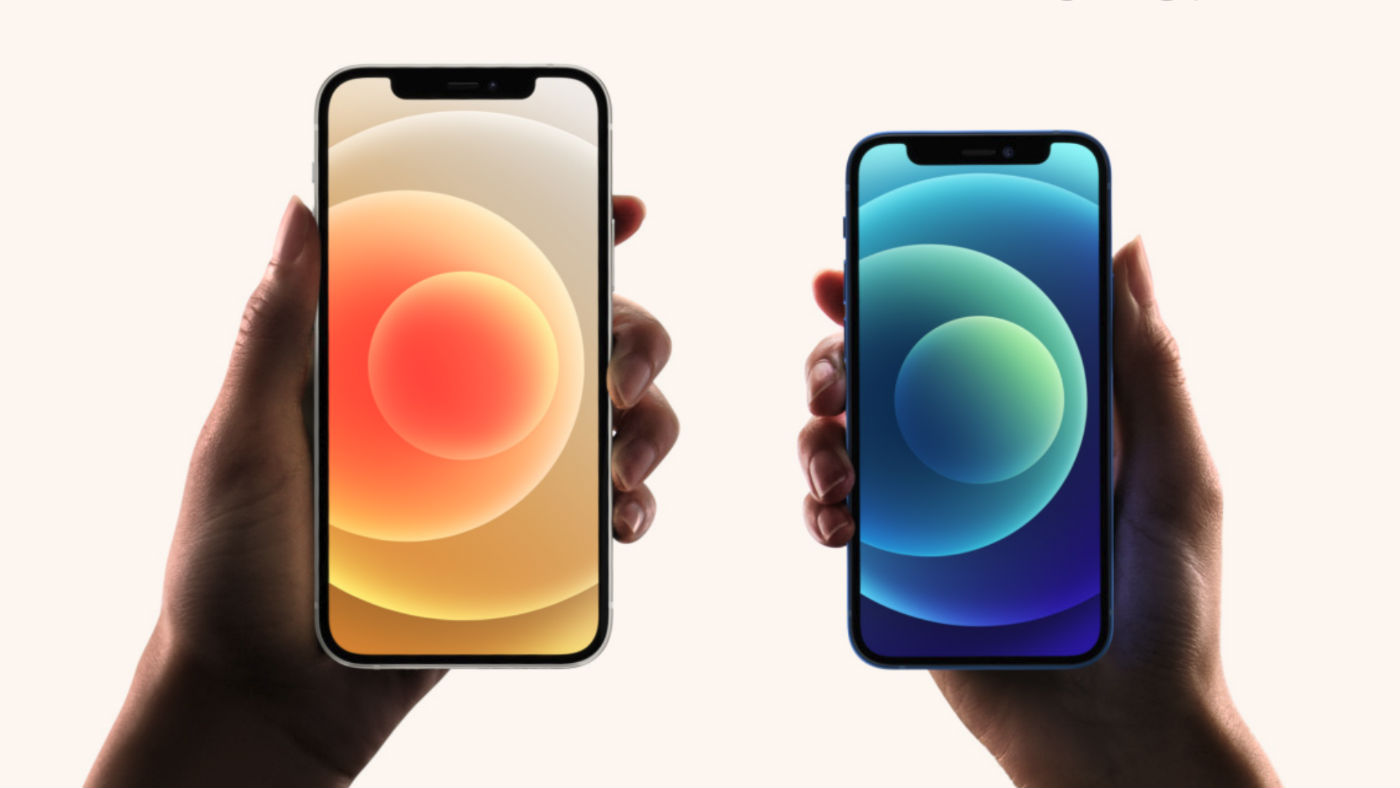 iPhone 12 launch: what we learned from the Apple ‘Hi, Speed’ event
iPhone 12 launch: what we learned from the Apple ‘Hi, Speed’ eventSpeed Read Tech giant unveils new 5G smartphone line-up
-
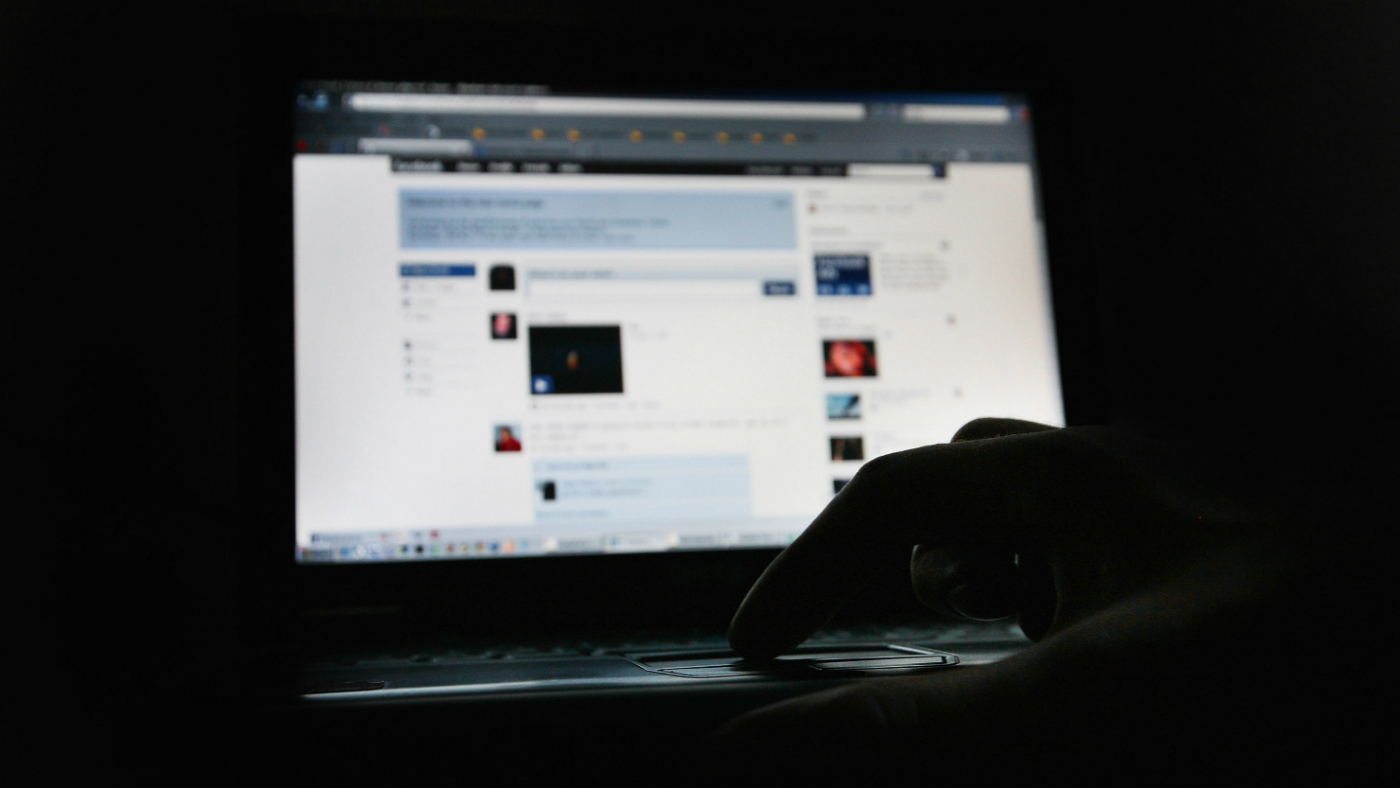 Russian agency behind US election meddling ‘created fake left-wing news site’
Russian agency behind US election meddling ‘created fake left-wing news site’Speed Read Facebook says real reporters were hired by fake editors to write about US corruption